 Foundation CEOs carry a huge responsibility. They are charged with achieving mission, but doing so in a way that is as cost-effective as possible. Naturally, they depend heavily on their senior program staff to make sure these things happen – but in doing so they often end up making both mission effectiveness and cost effectiveness all but impossible to achieve. Here are five reasons why:
Foundation CEOs carry a huge responsibility. They are charged with achieving mission, but doing so in a way that is as cost-effective as possible. Naturally, they depend heavily on their senior program staff to make sure these things happen – but in doing so they often end up making both mission effectiveness and cost effectiveness all but impossible to achieve. Here are five reasons why:
- Ridiculous Board Dockets – A foundation program officer once told me she aged two years preparing for each board meeting because of the excessive length and complexity of the board docket. I’ve advocated for shorter dockets before (see Stop the Board Docket Madness) and I’ll do it again. Providing every iota of detail on every potential grant and current program to your board, knowing that they will never read it, may be a great way of covering your tail if you’re ever questioned, but you’re doing so at the risk of higher staff turnover and diminished foundation effectiveness.
The Fix: Work with your board to design a streamlined information presentation process that meets their needs, provides a gateway to more background when needed, and reduces burden for your program staff.
- No Support – I am constantly amazed at how many foundations – even large ones with hundreds of staff – pile so many administrative tasks on their program staff with virtually no support. Grantmaking requires complex research, reporting and recordkeeping at every stage. If a grantmaker is constantly mired in administrative details, he or she is not using time to build the networks, forge the relationships and exchange the ideas that will further the philanthropic mission.
The Fix: Recognize that the role of a program executive is complex and requires administrative support. Someone reliable to perform basic tasks like scheduling, handling travel reimbursements, and managing documents is a plus, but better yet, provide program support staff who can assist with research, writing and tracking complex initiatives.
- Too Many Meetings – Nothing is as helpful as a face-to-face meeting with someone you really need on your side to move a cause or an idea forward. On the flip side, nothing is more demoralizing than a long meeting to talk about something that is better handled by someone else or by email. Whether it’s a staff meeting, a forced “peer learning” group, or sitting in on a committee to show support for a board member’s pet project, time spent in meetings (and travel to and from) can easily become time siphoned away from more important – and mission-critical – grantmaker functions.
The Fix: Allow program staff to weigh the value of meeting attendance and make their plans accordingly. Provide technology to replace face-to-face meetings. Ask staff internally how meeting time could be either made more productive or replaced with alternate means of communication.
- Insufficient Technology – I once had to wait two solid weeks for a program officer client to respond to an important email I’d sent. She sheepishly explained after two weeks of silence that she could not respond because she’d been traveling to a conference and site visits, her foundation would not allow staff to travel with a work laptop, and staff were not capable of accessing the office network (including email) through any external device. In short, she was completely cut off and then returned to a mountain of unanswered emails. It took her another two weeks to dig out from under it. Yes, this is an extreme example, but there are many where a small investment in technology can help program staff manage their workloads much more productively.
The Fix: Make sure program staff have the equipment and connections they need to stay fully connected from anywhere.
- Lack of Autonomy – I was once told by the evaluation director at a large, private California foundation that every time staff wanted to hire an evaluator, they were required to obtain three proposals from three different evaluators. It didn’t matter if staff already had a strong working relationship with an excellent evaluator they wanted to hire. They had to fulfill this bureaucratic mandate. There is nothing more frustrating than realizing that you have a solution to a problem but not being able to deploy it.
The Fix: Allow senior program staff to make their own decisions about things like which consultants to hire or whom to partner with on projects within their program areas. Better yet, give them autonomy (and accountability) over their departments’ operating budgets.
As you’ve probably surmised, the five points above are often interrelated. Find one in effect, and you’ll likely find others. That means addressing one issue also means addressing the full spectrum. And if you want to really want to make a meaningful change, the key may be to completely rethink the program executive’s role at your foundation. It also will likely mean making an argument for greater internal investment – or shifting from a poverty mentality to an abundance mentality.
That’s a big step, but it can mean the difference in a foundation that spins its wheels and churns through program staff or one that becomes highly effective in achieving its mission.
Kris Putnam-Walkerly, MSW, is a philanthropy expert and author of the forthcoming book, Confident Giving. To learn more about her consulting and advising services for grantmakers, visit her website or read a case study.
What our clients have to say:
“We’ve hired Putnam time and again for several projects, including objective evaluations of our own internal operations. The Putnam team stands out because they always take the time to really understand what we need, and they maintain their objectivity to make sound recommendations. I highly recommend them.”
–Mark Smith, M.D., Former CEO, California HealthCare Foundation






